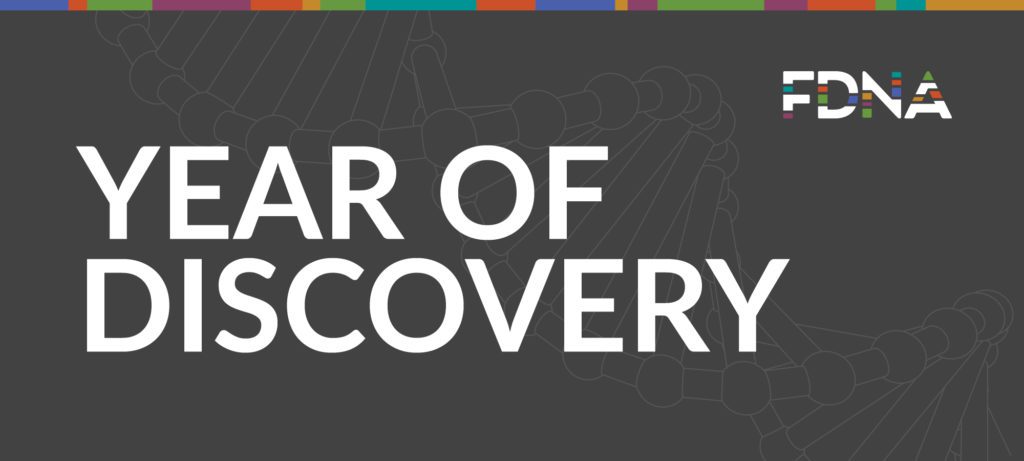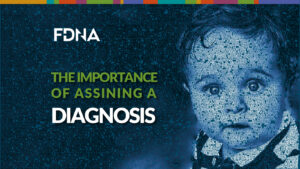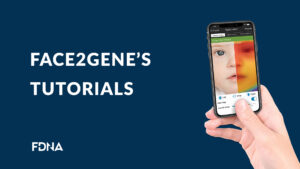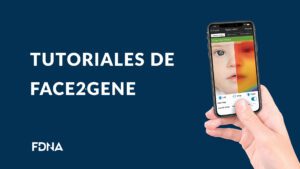October Discoveries – Skeletal Dysplasias
As part of FDNA’s Year of Discovery, FDNA collaborated with the Little People of America, sponsored by EGL Genetics, to research and promote awareness of Skeletal Dysplasias throughout the month of October.
About Skeletal Dysplasia
Although they are some of the less common genetic disorders, there are over 200 types of skeletal dysplasias. Achondroplasia, along with other forms of dwarfism, is the most common of these conditions. Distinct skeletal disorders are identified by malformations of bone and cartilage during fetal development resulting in various anomalies in shape, structure, and size of bones of the skeleton.
Skeletal dysplasias are generally caused by mutations in a gene, which may be inherited from parents. Such conditions are often easily identified at birth due to their distinct physical features; however, some symptoms do not develop until the later years of childhood. Common characteristics include:
- Short stature or slow growth
- Asymmetric bone growth
- Shortening in the bones of the legs and/or arms
- Bowed or fractured bones
- Abnormal bone thickness
- Duplication of fingers or toes
Expanding Resources
Geneticists, Genetic Counselors, and other specialty clinicians often use several tests and evaluations to identify and gain a greater understanding of the individual’s specific syndrome. With the help of new tools and technology, the time spent searching for a diagnosis and determining which distinct type of a condition is present can be significantly reduced. FDNA’s platform Face2Gene Suite uses facial analysis, deep learning, and artificial intelligence to assist in the analysis of patient facial characteristics, phenotypes, and genes in search of links with syndromes and rare genetic diseases.
Employing Collaborative Knowledge
Thanks to the contributions from the Face2Gene community, the volume of de-identified data (facial data and other patient information) uploaded to Face2Gene has enabled the successful facial recognition and identification of the phenotypes for several syndromes from this category. Below you will find some of the validated facial masks generated by Face2Gene.
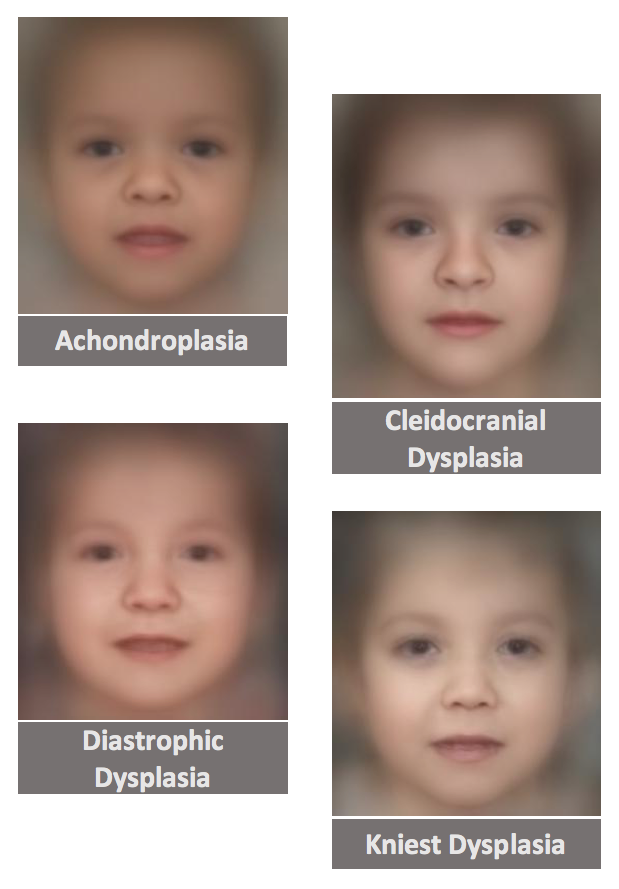
The above, along with myriad other syndromes, are available for patient evaluations via Face2Gene CLINIC.
